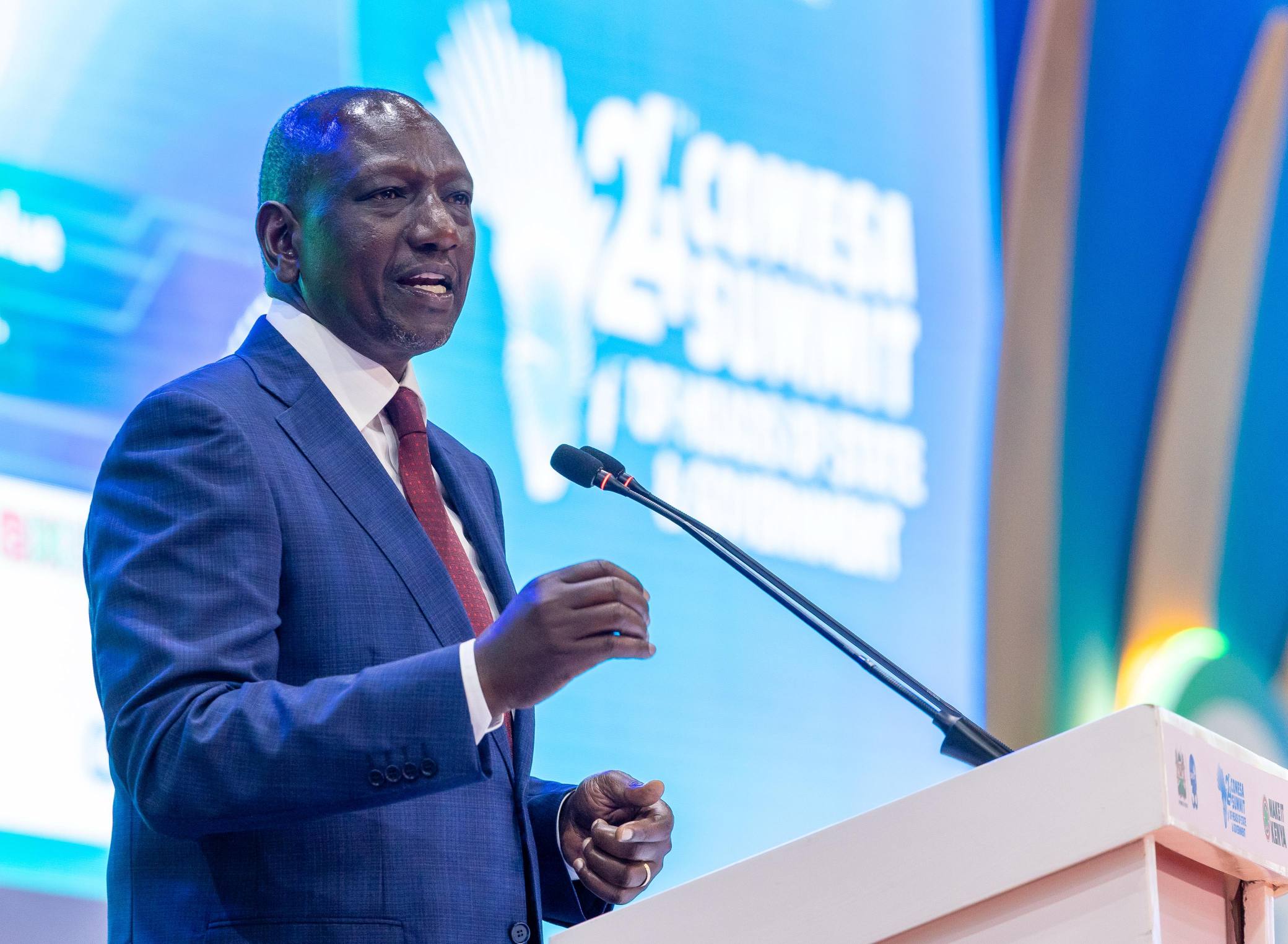President William Ruto has called on COMESA member countries to fast-track digital innovation and strengthen regional collaboration as a pathway to economic growth and resilience in Africa.
Speaking at the opening of the 24th COMESA Summit of Heads of State and Government at Nairobi’s Kenyatta International Convention Centre (KICC) on Thursday, Ruto highlighted the transformative potential of digital technology for the continent.
“By harnessing digital tools, we can enhance cross-border trade efficiency, streamline logistics, strengthen financial inclusion, and create new platforms that enable small and medium-sized enterprises (SMEs) to access regional and global markets,” he said.
The President noted that the demands of today’s global economy make regional integration essential for Africa to maintain relevance in international trade. He stressed that combining digital innovation with integration could drive job creation, reduce poverty, and promote sustainable growth across the continent.
Assuming his new role as Chairperson of the COMESA Authority, Ruto said the summit’s theme, “Leveraging Digitalisation to Deepen Regional Value Chains for Sustainable and Inclusive Growth,” reflects the urgent need for Africa to adapt to global economic changes.
“Digital transformation is not just about technology; it is about people, jobs, opportunities, and competitiveness,” he stated, urging member states to invest in digital infrastructure, strengthen data governance, and build human capacity to empower citizens.
He acknowledged Africa’s challenges, including climate change, rising inflation, and debt burdens, but highlighted digitalisation as a tool to optimise resources, improve energy efficiency, and reinforce resilience.
Ruto reaffirmed Kenya’s dedication to supporting COMESA’s integration agenda, urging the bloc to expand intra-regional trade, foster innovation, and transform itself into a globally competitive economic region.
COMESA, the Common Market for Eastern and Southern Africa, is made up of 21 member countries, including Kenya, Egypt, Ethiopia, Rwanda, Sudan, Zambia, Djibouti, Tunisia, and Madagascar. Established in December 1994, the bloc replaced a Preferential Trade Area that had operated since 1981 and aims to promote economic cooperation and regional integration.
